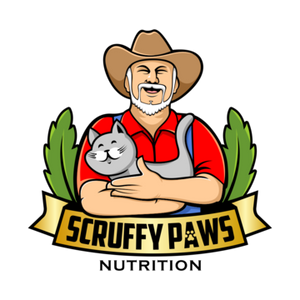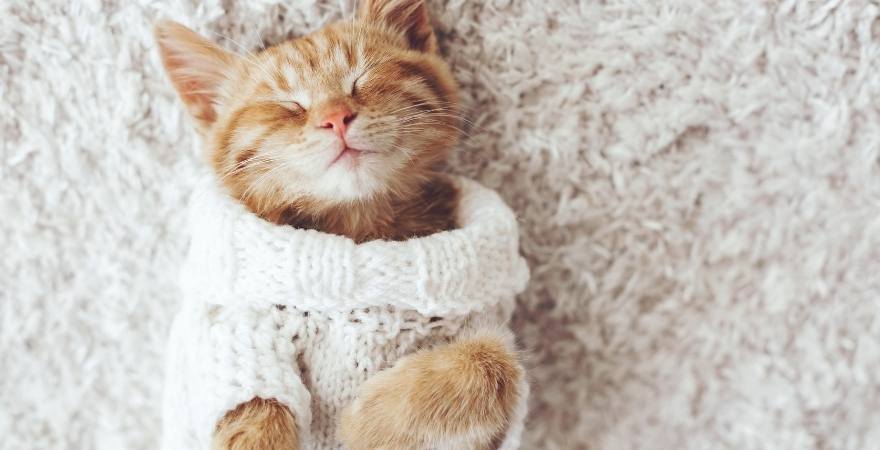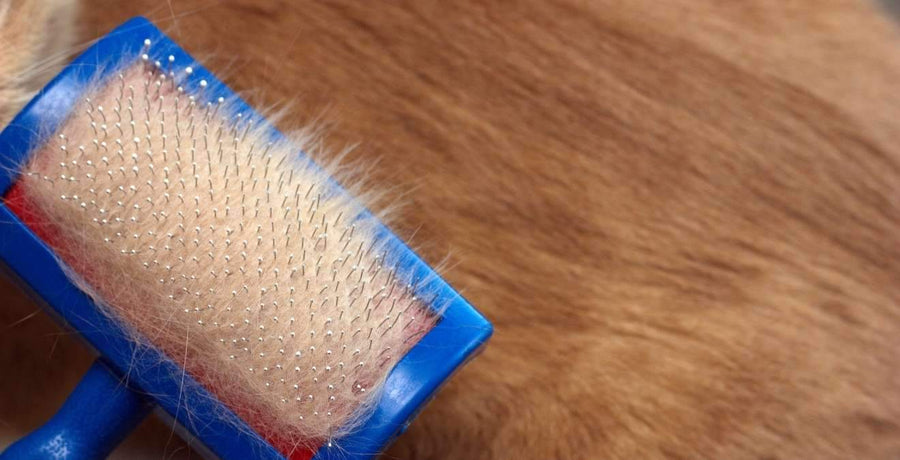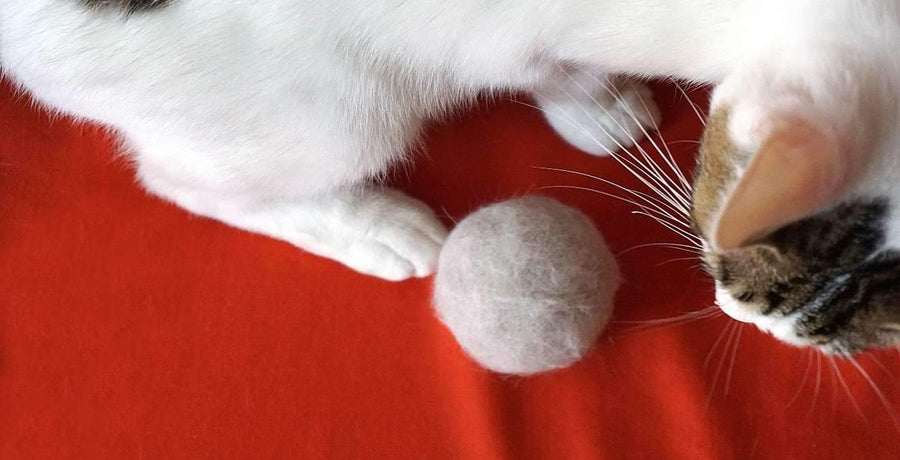Has your cat just vomited a hairball? Many cats are great at hiding that they are sick until it can sometimes be too late. Having hairballs can cause your cat to get very sick. Balls of hair can get stuck in your cat's intestinal tract causing them to be very sick. These are 7 signs of hairballs seen in cats that you should never ignore. If you notice that your cat is showing any of these signs they may need to see your vet.
Common signs of HairBalls in Cats
These are some common signs that you may see with cats with hairballs.
Vomiting
Many cats who have hairballs may be vomiting. Hairballs can get stuck in your cat’s intestines. This can cause inflammation and irritation. The body's way of getting rid of these unwanted hairballs is to try to vomit them back up. Many cats will vomit these balls of fur back up.
Lack of appetite
If your cat is not eating, it may be because these hairballs have their stomach full of hair. They can also cause a blockage in your cat’s intestines and make your cat feel very bad. Cats who do not feel good will usually not eat. Cats can be very picky and when anything is off with them they will stop eating.
Diarrhea
Your cat may have diarrhea due to their hairballs. As the hair moves thru your cat’s intestines it can cause the intestines to become irritated. This usually causes the intestines to move food and other things thru quicker which decreases the amount of time the body reabsorbs fluids from the intestinal tract thus leading to your cat having diarrhea.
Constipation
If these hairballs have caused an obstruction, your cat may be constipated. These hairballs have gotten so big that your cat is having issues going to the bathroom. They may also be causing your cat to pass extremely hard fecal material. If you think that your cat may have hairballs, it would be best to check your cat’s litter box to see if they are passing hair in the feces or having any other issues with their poop.
Dry cough and/or wheezing
Many cats with hairballs will be coughing. They may even cough up hairballs. When your cat grooms they can get hair stuck in the back of their throat. This causes irritation to their throat and them to constantly cough.
Swollen abdomen
If your cat’s abdomen looks swollen, they may have hairballs. If your cat has a hairball that has caused an obstruction, your cat can get very full and look bloated. An intestinal blockage would be an emergency and would need to see your vet right away. They may need surgery to remove the hairball to make them feel much better.
Lethargy
Cats are great at hiding that they are sick. If your cat is lethargic this may be a sign that your cat has a hairball but this could also mean something else. Lethargic cats are usually not eating which can all lead to other health issues. Anytime your cat is not feeling well, they should see your vet. It is always better to be proactive with a sick cat.

All of these signs can mean that your cat has a hairball but can also mean that your cat has something more serious going on and will need to see your vet. If you notice any of these signs and your cat is not improving, despite at-home hairball remedies, it may be best for your vet to examine your cat to make sure it is just hairballs.

At Home Hairball Treatments for Cat
There are many products you can look for to help decrease the hairball your cat has. These are a few tips that can help your cat with their hairball problem.
Hairball Food
There are many diets that are specific to helping cats with hairballs. These diets will help break down the hair and help the hair be able to pass easier. Most cat food brands make a hairball or indoor cat food formula that would be great for cats who have hairballs.
Hairball treats
These are very similar to hairball diets but are a treat. Some cats have other health issues such as urinary or kidney issues and need to eat a special diet. These cats would benefit from using hairball treats along with their prescription diets. Some cats are also very picky and do not like the hairball diets but will eat these treats.
Hairball Gel
There are gel-like substances that you can give your cat as a treat to help them pass hairballs easier. This comes in a toothpaste-like container. You would put a small amount of gel on your cat’s paw for them to lick off. This gel contains ingredients that will help lubricate the hairballs making it easier for your cat to pass these hairballs.
Brush your Cat's Hair
One of the best ways to help decrease the hairballs that your cat has is to brush your cat very often. This can help remove any loose hair or mats. Using a brush like a furminator will get rid of the dead and loose hair on your cat and decrease them from developing a hairball.
Have your cat Groomed
Hairballs are more commonly seen in cats with longer hair. If your cat is constantly getting hairballs, consider having them grooms so that their hair is shorter. Frequent grooming can decrease the amount of grooming that your cat has to do and decreases their chances of developing hairballs.
Final Thoughts
Hairballs can be a very disgusting thing to find lying around your house. If you notice that your cat has hairballs or any of the signs of hairballs, it would be best to try a few of these remedies to help your cat be able to pass the hairballs. If your cat signs persist for longer than a day, it would be best for your vet to check them out. It is best to make sure that there is nothing else wrong.
Dr. Sara Ochoa, DVM
Veterinary surgeon, LinkedinSara Ochoa, DVM graduated from St. George’s University Veterinary School in 2015. Since then, she has been at a small and exotic animal practice in Texas. In her free time, she loves making quilts and spending time with her husband Greg and their 4 fur kids. Two dogs, Ruby a schnoodle, and Bug a Japanese Chin, one cat named OJ and a leopard tortoise named Monkey.



